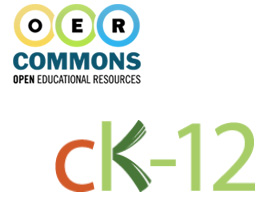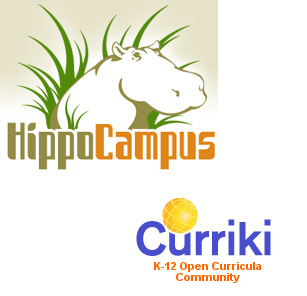We are approaching the mid-point of the first few P2PU School of Ed courses, and I’ve been reflecting a lot on the experience so far, but not writing much so here goes.
A lot of good things are happening. We have a large group of diverse participants involved in peer learning. We’ve assembled a ton of high quality, open-licensed, sharable professional development content and resources. We’re having webinars with guest experts that are fostering discussion and learning. There have been some great moments of sharing and learning with some dedicated teachers.
The nuts and bolts of course participation always fascinate to me. Like every other online course I’ve been involved in, participation appears to be trending downward at about week 3. I hate seeing all the energy and excitement of the first couple weeks wane like this. We had a webinar about online professional development this week, and coordinators of other programs expressed the same results, which doesn’t make it any easier to take.
In the past, this prompted me to think about 2 or 3 week long courses, as well as more of a rolling enrollment approach, but for School of Ed we chose not to do either of these. (We do have one four-week course, but it is just beginning.) It seems very difficult to me to foster deeper learning or community building in 2 or 3 weeks, particularly with folks constantly coming and going. Perhaps this is a lack of creativity on my part. Perhaps the course topics could be rethought in a way that 2-3 week study groups work. (More on this in a future post.)
Another interesting data point is that participation in these courses has been very strong in online discussions, but much less strong around hands on activities, projects, or readings.
A note on readings — we tried to keep readings to a minimum because it isn’t the focus of the School of Ed. (“It’s about connecting, collaborating, and creating, not just reading or studying.”) Still, there is a baseline of reading that seems necessary to learn about something.
And yet, it seems that many folks are not reading the course content. I am concluding this based on a variety of data points, including time-on-page metrics, the fact that folks are asking questions that are covered in the readings, and other anecdotal data showing a lack of having been through the content.
This phenomenon is not unique to P2pU courses — I see it in other online courses I’m involved in and in a variety of other interactions I have. I would venture that the vast majority of emails I send aren’t read in full. I know this because I often get replies with questions that were answered in the original email.
I feel a bit like a stuffy old pundit saying “people don’t read any more these days.” :(
I’ll do a separate post on the discussion frenzy, how it plays into all this, and how it might be leveraged.



